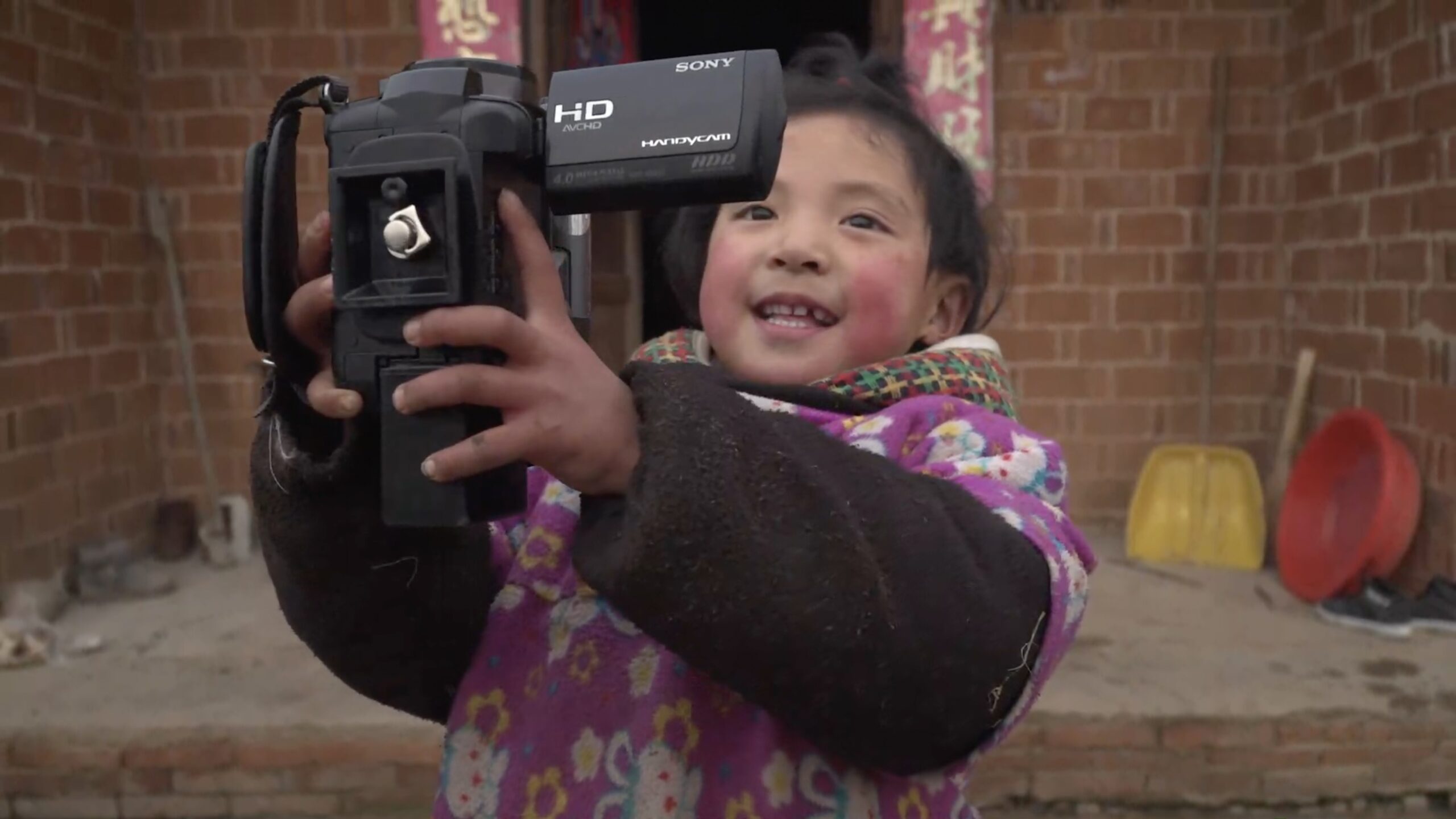Zhang Mengqi
FILMMAKER AND CHOREOGRAPHER
CHINA

Zhang Mengqi (she/her) is a filmmaker, choreographer and a founding member of the Folk Memory Project. Mengqi has made eleven feature-length documentaries, known as “Self-Portrait series”. Her films have been selected by Yamagata International Documentary Film Festival, Cinéma du Réel, Visions du Réel, and BFI London Film Festival. Her films won the “White Goose Award” in DMZ International Documentary Film Festival; “BIFF Mecenat Award” in Busan International Film Festival; “The Jean Vigo Prize for Best Director”; “The Youth Prize for Best Film” in Punto de Vista and “Best Feature Film” in Festival internacional de cine independiente de cosquín; “International Competition Award of Excellence” in Yamagata International Documentary Film Festival. Watch her Self-portrait documentary series here.
Since 2010 [....] I have been returning to my home village [in China] to interview firsthand witnesses of the three-year famine (1959-1961) and collect oral histories. Through conversations and commemoration, memories once tabooed resurface sixty years later.Zhang Mengqi
What role do you think art can play in social movements?
Art is not static, just as history is not frozen. In societies where discussing history is challenging, silence becomes a norm, particularly for those marginalized, whose stories often go untold. Through my filmmaking and practice, I aim to break this silence, inviting people to share untold stories of the past. By bearing witness to individual memories, we illuminate collective history and foster societal reflection.
How would you describe your artistic practice as it relates to supporting social movements?
My creative practice involves various aspects of artistic practice and community activism. I have been making documentaries in my ancestral village for 13 years, attempting to witness and record the chronicles of a Chinese village. I believe that the daily life of a village can offer insights into the transformation of a nation. Since 2010, inspired by the Folk Memory Project, I have been returning to my home village to interview firsthand witnesses of the three-year famine (1959-1961) and collect oral histories. I also organized villagers to erect memorials for the unnamed victims of history. Through conversations and commemoration, memories once tabooed resurface sixty years later. I also established an art space in the village, teaching the new generation of children how to make documentaries, conducting theater workshops, organizing screenings, performances, gatherings, and promoting a new concept of artistic community. Through art, people of different generations are connected in a meaningful way.
What does this award mean for you and your artistic practice?
I believe being awarded this prize will inspire the children in the village to believe in the power of art, the power of action and the power of imagination.
Featured work
